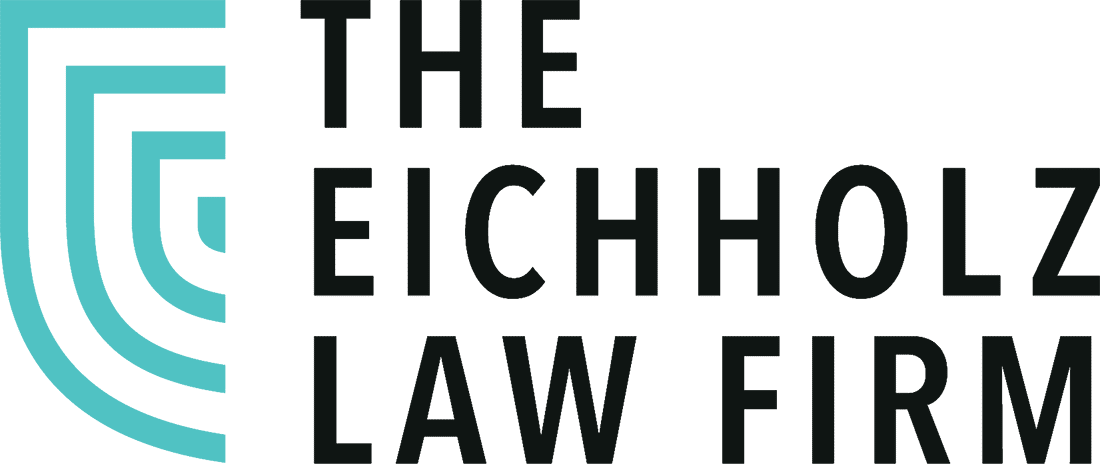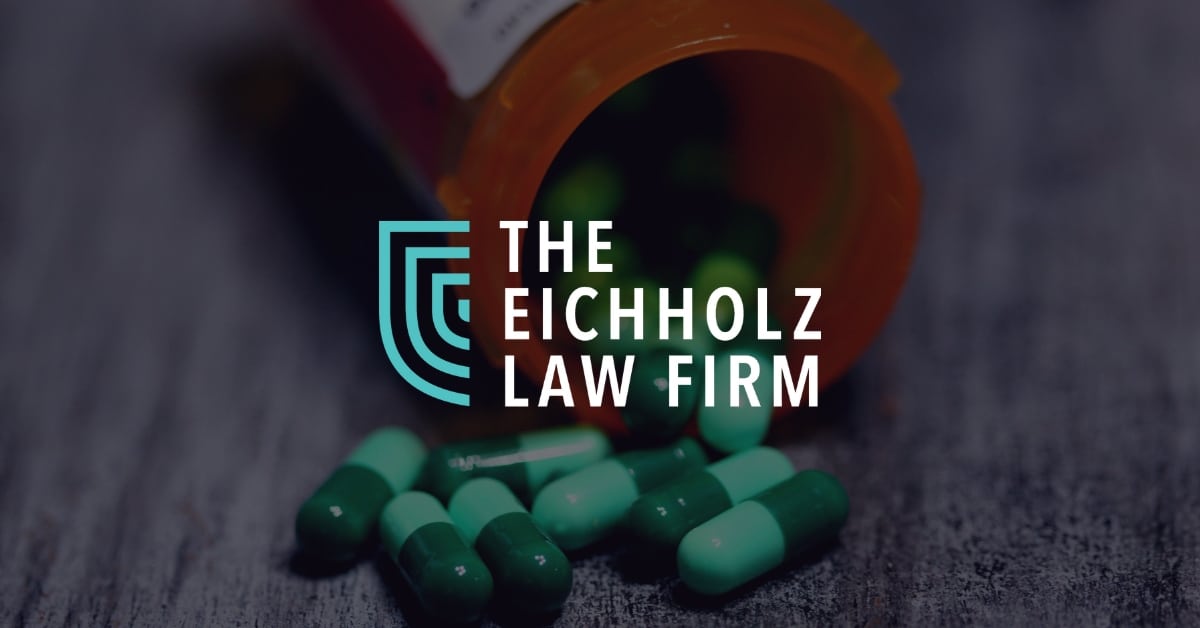Medical malpractice applies to anyone who works in the healthcare field, including medical physicians, pharmaceutical companies, nurses, healthcare facilities, anesthesiologists, and other healthcare workers who provide patient care.
In order to prove a medical malpractice lawsuit in a court of law, you must be able to show that your personal injury was related to a medical provider’s negligent actions, such as a physician or someone else who made a wrong decision. Other entities that are part of an injured individual’s case and can be used in a medical malpractice claim include contributory negligence or parental liability.
Negligent Employees and the Hospital’s Liability
Most hospitals are corporate facilities that are categorized as either private or public entities. For legal purposes related to medical malpractice cases, a hospital can be held responsible for negligence in addition to being held vicariously liable for an employee’s negligent actions. As defined, the legal term vicarious liability means that the party is responsible for the negligence of another person’s actions rather than their own negligence.
Hospital employees who would be considered vicariously negligent include:
- Nurses
- Occupational therapists
- Doctors
- Physical therapists
- Other medical providers
When a hospital hires an employee, they must look into the applicant’s licensing, education, and training. If the hospital does not make these reasonable inquiries regarding one of its employees, the corporate negligence doctrine could hold a hospital liable for negligent retention or supervision, should a staff member not provide a patient with the expected level of care. A hospital could, for instance, be held negligently responsible for failing to investigate an attending physician’s credentials before granting them hospital privileges or for allowing a physician that was incompetent to treat patients at their facility, as it should have known this before hiring them.
Hospitals need to make sure that there are enough on-duty registered nurses at all times to provide quality care to their patients. If there are not enough nurses, the hospital could be held responsible for any injuries patients may sustain as a result. Liability can also occur if a hospital’s employees do not follow a patient’s attending physician’s orders. On the other hand, if a staff member believes that the patient’s treatment plan issued by their attending physician is contraindicated but doesn’t notify the physician of this, the hospital could be held accountable.
Healthcare Providers Who The Hospital Does Not Employ
A hospital can be held responsible for its negligent employees’ actions, but some do not work for the hospital. Many physicians are independent contractors who may work in multiple hospitals and work in their own offices. Even if medical malpractice occurs inside a hospital, the hospital cannot be held responsible if the provider is self-employed.
To determine if the hospital is the doctor’s employer, you will need to know the extent of control it has over them.
An employment relationship can be determined based on the following factors:
- The hospital is in control of the doctor’s working hours
- The hospital significantly controls the provider’s conditions of the job
- The hospital is in control of the fees a doctor is allowed to charge
- The hospital significantly controls the provider’s payment
A non-employee doctor could be held legally accountable for any malpractice that occurs if a hospital staff member commits the act under their supervision. Whenever a doctor is present, an employee is always under the doctor’s supervision. The doctor can prevent the negligence of the employee.
Pharmaceutical Manufacturers
In certain situations, pharmaceutical companies may be held accountable if a drug injures a patient, but only if they fail to warn doctors about the potential dangers or side effects.
Pharmaceutical companies have a duty to uphold to physicians. As long as a pharmaceutical company informs a physician of the risks associated with one of their medications, they will not be held responsible for any patient injuries. Pharmaceutical companies are only responsible for ensuring that their manufactured medicines are reasonably safe when they are used as directed. Before any drug is put on the market, the manufacturer researches its possible side effects to ensure the drug’s safety. If the pharmaceutical company does not adequately warn the physician of a medication’s dangers, it becomes known as “unreasonably dangerous” under product liability law, and the manufacturer could be held responsible for not providing the proper warnings on its labels.
Prescribing physicians are known as “learned intermediaries.” This means that due to their advanced knowledge of medicine and having been given sufficient information from the drug manufacturer, they can determine the types of devices or drugs that are appropriate for patient use. Therefore, a doctor’s primary duty is to advise their patients of the potential side effects and risks of a drug or a medical device that’s being prescribed to them.
Our Experienced Team of Medical Malpractice Attorneys
It can be difficult to establish liability in a medical malpractice lawsuit. If you think your injuries could be a result of medical malpractice, you must seek assistance from a knowledgeable legal professional who has years of experience working with medical malpractice cases.
Our team of medical malpractice attorneys has the required legal knowledge to pursue the maximum settlement for your claim. We will diligently investigate your claim to identify all of the parties that could be responsible for your injuries or a loved one’s wrongful death.
Our no-obligation consultations are entirely free. We will learn more about your case, and you can learn about the rights you have in a medical malpractice case. If you decide to proceed with the lawsuit, we will make sure you receive the maximum settlement possible, and you will only owe us legal fees if we win your case.
For more information about our services and see if you may qualify for compensation, contact us today.

